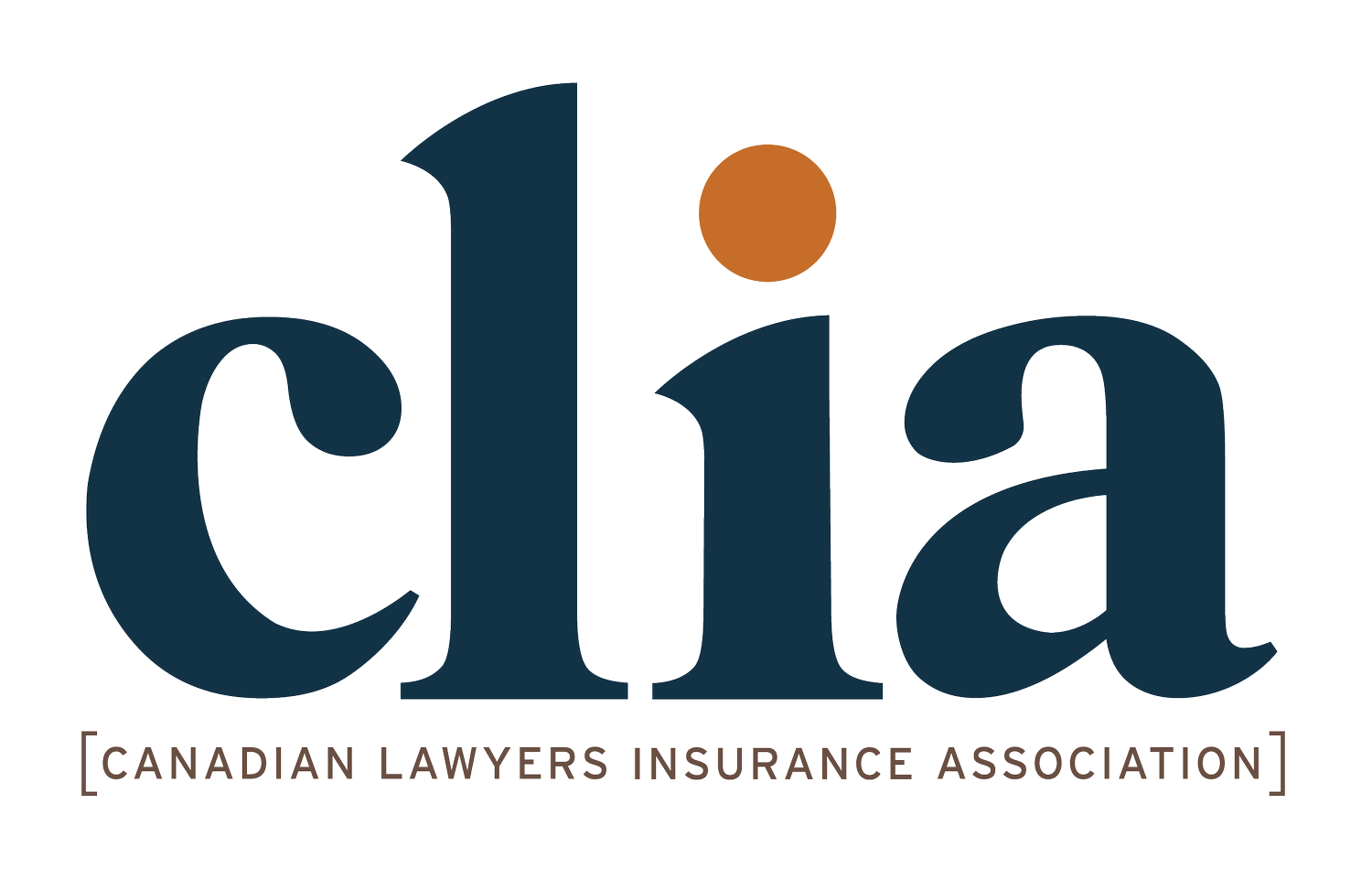2025 Update: Generative AI Guidance
With the explosion of Generative AI and the subsequent confusion and misuse by lawyers, several useful resources have been created to assist lawyers to better understand how lawyers can incorporate AI into their practice and professional responsibility considerations. Since our original post in February 2024, several more jurisdictions have released guidance.
See the resources below listed by jurisdiction but note that some information is not jurisdiction specific.
Alberta (January 2024):
Law Society of Alberta: The Generative AI Playbook
This resource should serve as a starting point for Alberta lawyers seeking to harness the benefits of disruptive technologies like Gen AI while safeguarding their clients’ interests and maintaining their professional competence.
British Columbia (November 2023):
Law Society of British Columbia: Guidance on Professional Responsibility and Generative AI
The Law Society of British Columbia cannot endorse any product or tool; however, we can provide information that can help in your consideration of whether or not you want to use generative AI-powered tools in your legal practice and, if so, some professional responsibility considerations. The information provided in this guide is focused on the use of generative AI tools powered by LLMs.
Lawyers Indemnity Fund: Generative AI: What Lawyers Need To Know
Recent generative AI breakthroughs have brought tremendous opportunities for efficiency and effectiveness in all professions, including the practice of law. However, all lawyers must be aware of and consider the risks, including those set out below, before adopting AI into practice.
Manitoba (April 2024):
Law Society of Manitoba: Generative Artificial Intelligence (AI Guidelines)
The Law Society has developed a resource assist the profession in managing their professional responsibilities with respect to the rapid development of generative AI and its impacts on the practice of law.
Generative Artificial Intelligence, Guidelines for Use in the Practice of Law includes definitions of the terms used in AI discussions, guidelines for evaluating the benefits and risks in the delivery of legal services and examples of how the use of Generative AI connects to the Code of Professional Conduct including such as obligations as being technologically competent, maintaining confidentiality and much more.
The legal profession can review these guidelines to assess how they may use Generative AI in a manner consistent with professional obligations set out in the Code of Professional Conduct.
Northwest Territories (January 2025):
Law Society of Northwest Territories: Guidelines for the use of Generative Artificial Intelligence in the Practice of Law
These guidelines aim to offer an overview of the use of GenAI in legal practice. The Law Society of Northwest Territories does not endorse the use of any specific product or service but aims to guide lawyers in understanding the implications of using GenAI in their practice. Practical advice is provided throughout this document on the use of GenAI as it specifically relates to the Code of Professional Conduct. The Law Society of the Northwest Territories encourages lawyers to stay informed on the topic of the use of GenAI in the legal profession. By staying informed about these evolving tools and their capabilities and limitations, lawyers can use them responsibly while maintaining trust and integrity central to the legal profession.
Ontario (April 2024):
Law Society of Ontario Futures Committee: White Paper – Licensee’s use of generative artificial intelligence
The white paper provides guidance on how the rules of professional conduct apply to the use and adoption of Generative AI. Three resources are also included:
Generative AI: Quick Start Checklist
8 Best Practice Tips for Using Generative AI
Generative AI: Your Professional Obligations
Prince Edward Island (Spring 2025):
Law Society of Prince Edward Island: Artificial Intelligence Guidelines
As the technology rapidly evolves, lawyers are tasked with the responsibility of ensuring that their use of generative AI remains in compliance with all applicable laws and rules. These guidelines aim to highlight best practices for lawyers using generative AI technology in a manner consistent with their professional obligations. Lawyers should also investigate the possibility that there are specific AI guidelines or directives for the court or tribunal that they are appearing before and abide by those guidelines.
Quebec:
Le Barreau du Québec: L’intelligence artificielle générative – Guide pratique pour une utilisation responsible (October 2024)
Saskatchewan (February 2024):
Law Society of Saskatchewan: Guidelines for the Use of Generative Artificial Intelligence in the Practice of Law
The Law Society of Saskatchewan has prepared this guidance document with the goals of:
helping lawyers use generative AI in a manner consistent with their professional obligations; and
assisting legal workplaces to develop appropriate internal policies on generative AI.
See also:
Canadian Bar Association (November 2024):
This toolkit emphasizes the need to cultivate risk awareness amongst legal professionals and law firms about the use of AI, whether that AI is embedded in commonly used law firm tools or whether conscious decisions are made to use specific AI tools in legal practice.
College of Patent Agents and Trademark Agents (January 2025):
Patent agents and trademark agent practices lie at the intersection of innovation and law, and licensees regularly adopt innovative technologies where appropriate to competently and ethically serve clients. With the emergence of generative AI (GenAI), patent agents and trademark agents are once again considering the appropriate uses of new technologies. GenAI is a type of artificial intelligence that creates new content based on user “prompts” . While GenAI can bring significant benefits, patent and trademark agents must consider whether, when and how to deploy such technologies with care considering their specific practice settings. This article introduces examples of GenAI early uses in practice, as well as ethical considerations and risks that should be considered by patent agents and trademark agents as a starting point for considering AI and GenAI use in practice.

